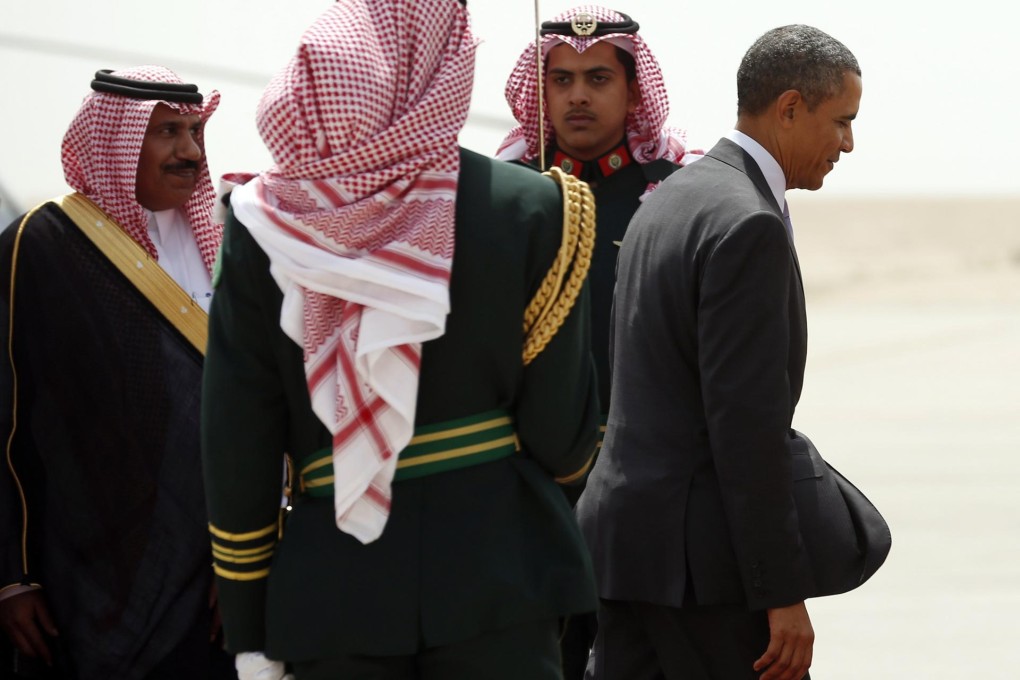Obama considers sending 'manpad' missiles to Syrian rebels
Obama considers supplying moderate factions with shoulder-launched anti-aircraft weapons

US President Barack Obama may allow shoulder-launched anti- aircraft missiles to be shipped to moderate factions of the Syrian opposition, possibly with help from the Saudi government, a US official said.
Obama is considering sending man-portable air defence systems, known as manpads, along with other supplies to help opposition groups fighting the regime of Syrian President Bashar al-Assad, said the official.
The Saudi government has long wanted to provide such armaments to bolster the Syrian opposition. The US has opposed the move out of concern that the weapons could fall into the hands of extremists. Out of respect for Obama's wishes, the Saudis have so far held off.
But the United States has gradually become more familiar and comfortable with the opposition forces in Syria, the official said.
In public, advisers to Obama said the White House had not changed its position on providing manpads to the opposition, and that the matter did not come up as part of Obama's meeting with Saudi King Abdullah.
Speaking with reporters on Air Force One on the way to Riyadh on Friday, deputy national security adviser Ben Rhodes said the risk of sophisticated weapons falling into the wrong hands in Syria is still a major concern. "We have made clear that there are certain types of weapons, including manpads, that could pose a proliferation risk if introduced into Syria," Rhodes said.